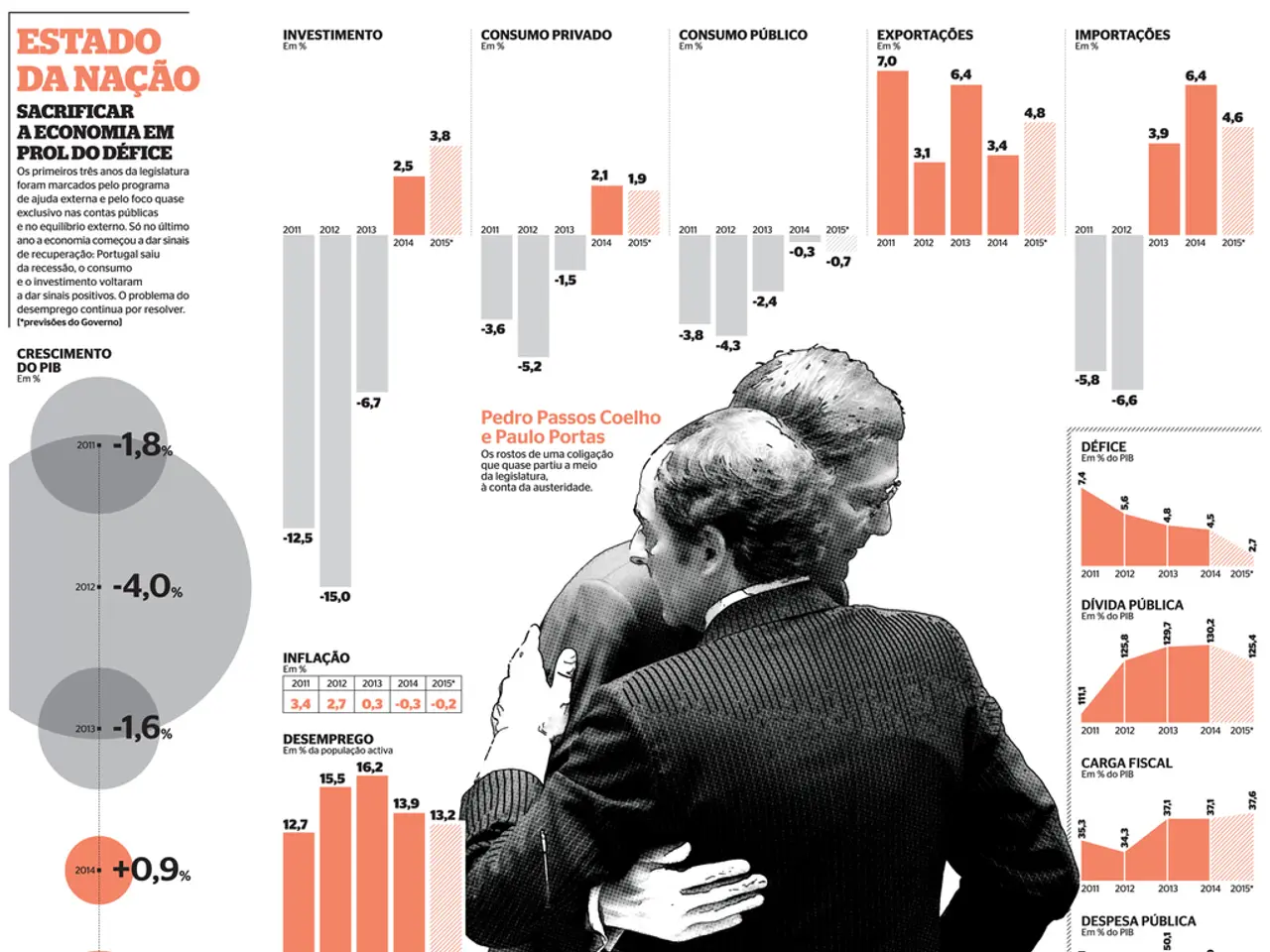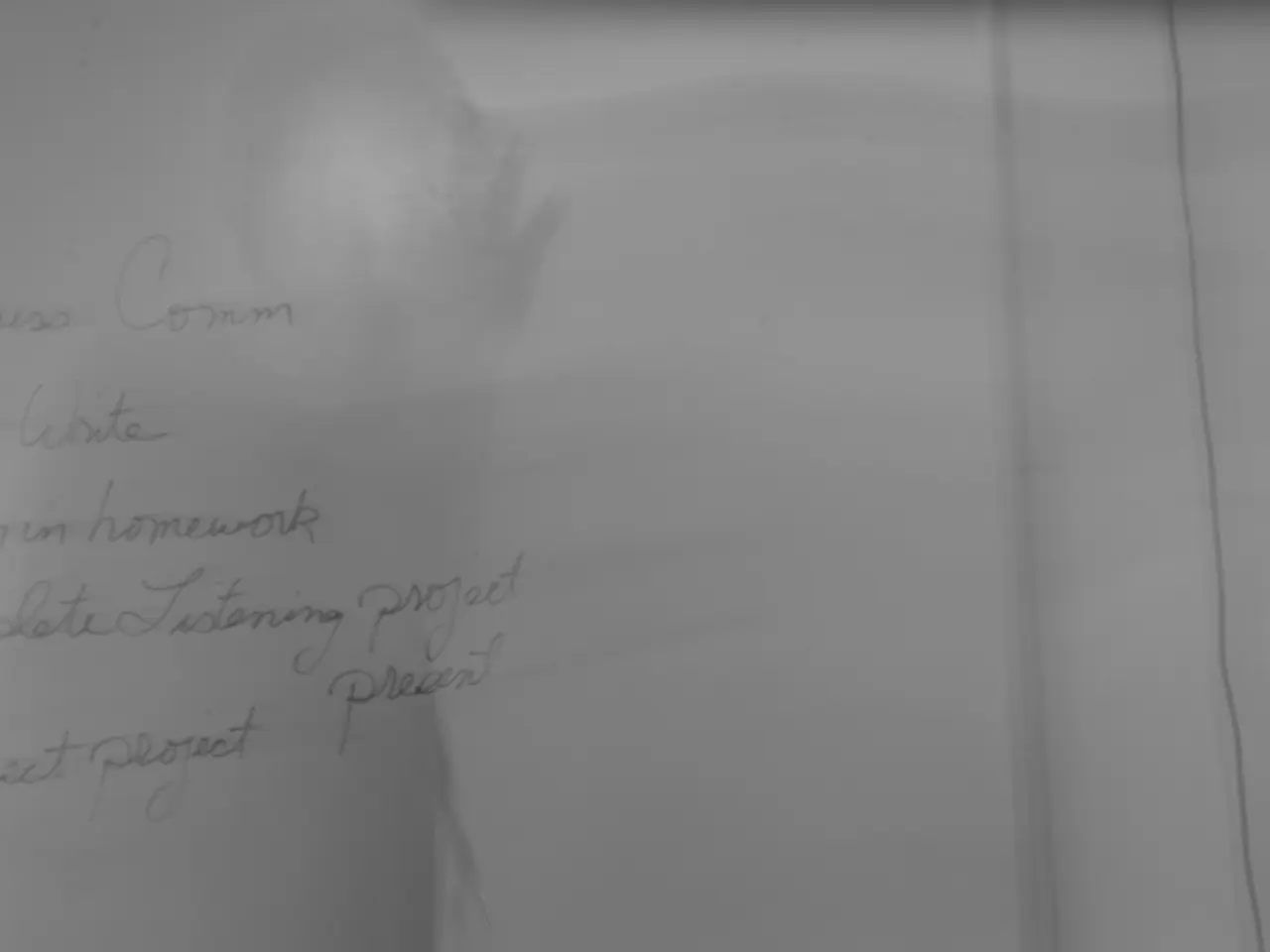Amidst the looming cancellations of amateur football matches in Hamburg over the weekend, the Hamburg Football Association (HFV) maintains its relaxed stance. As reported by the German Press Agency on Saturday, HFV president Christian Okun expressed their readiness to assess the situation on Monday. The decision to strike follows the unsuccessful second round of collective bargaining for the public sector in the federal states, with Verdi union planning warning strikes in Hamburg. Only municipal sports grounds will be affected, and the HFV asserts that there are enough makeup match days in the calendar, thanks to club-managed pitches.
Verdi union seeks a 10.5% salary increase and at least an additional 500 euros for junior staff. The wage agreement is intended to span twelve months, with Berlin, Hamburg, and Bremen seeking a monthly city-state bonus of 300 euros. The Tarifgemeinschaft deutscher Länder (TdL) views these demands as excessive. The third round of negotiations is scheduled for December 7.
The potential impact of Verdi union's strikes on professional-level soccer matches in Hamburg is noteworthy, as trade union actions in the soccer industry could disrupt the matches. Should this occur, soccer clubs in Hamburg may be forced to consider alternative venues or reschedules to avoid interruptions.
If negotiations fail and strikes proceed, the amateur football matches cancellation could lead to substantial economic losses for clubs, teams, local businesses, and soccer-related industries. Additionally, players might be left frustrated due to unscheduled training interruptions and canceled games, while fans could face disrupted travel and ticket purchases. Furthermore, league and tournament schedules might be disturbed, altering teams' standings and qualifications for upcoming competitions while potentially dismantling the community spirit created by these events.
To counteract these challenges, several potential solutions can be considered, including:
- Negotiations and mediation between club representatives and union representatives to find a mutually agreeable resolution.
- Temporary financial aid supplied to affected clubs and teams to help them manage the immediate financial repercussions caused by the strikes.
- Exploration of alternative revenue streams, such as crowdfunding campaigns, sponsorships, and online streaming services.
- Organizing community engagement events, such as friendly matches and charity events, to uphold the sense of community spirit and involvement.
- Long-term planning to address wage demands and enhance working conditions for players and staff, thereby reducing the likelihood of strike instances.
- Public support for affected clubs and players to boost awareness and potentially motivate stakeholders to find a resolution.
By focusing on these actionable measures, the negative consequences of the strike can be minimized, and a more sustainable solution can be achieved for both the clubs and the players.








